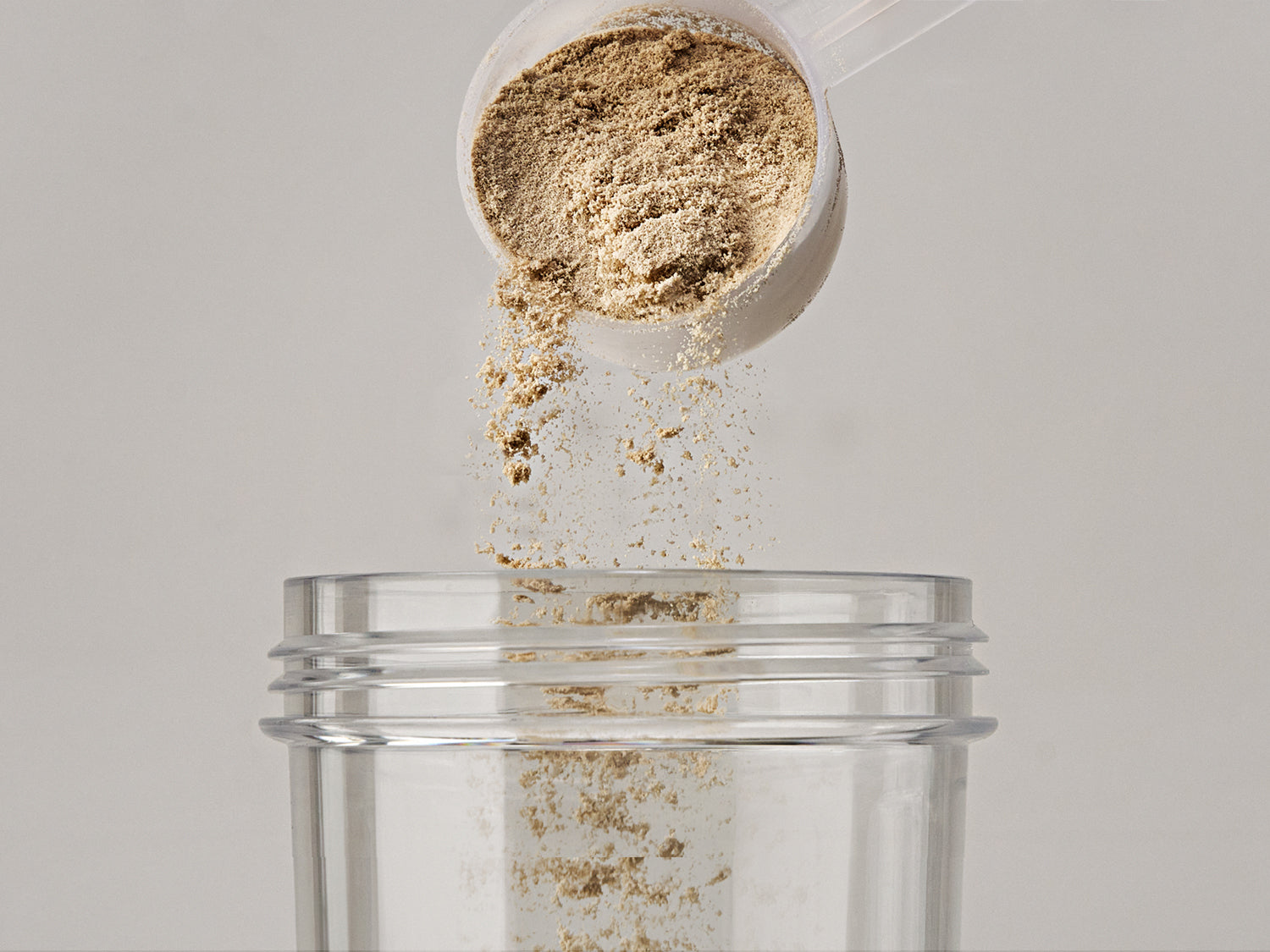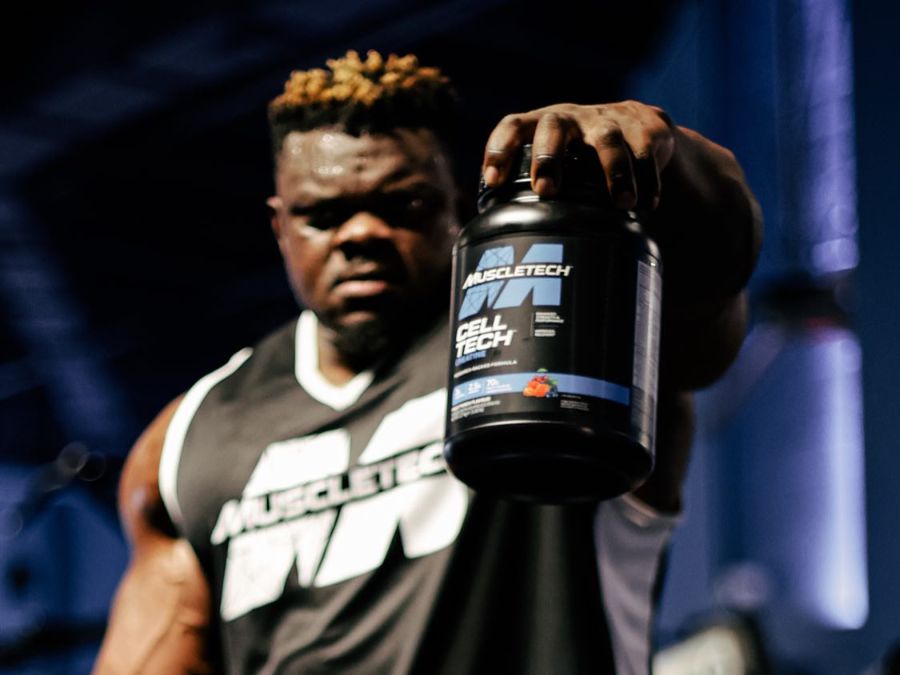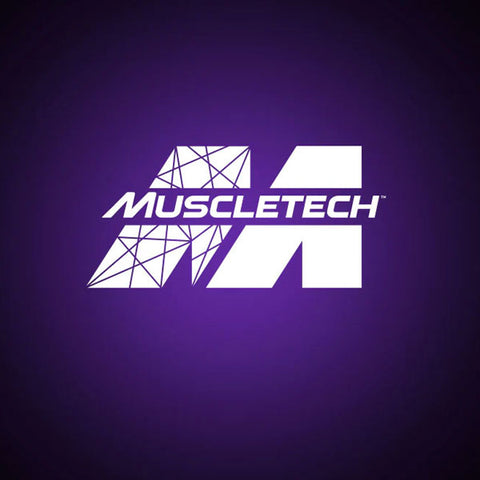As a health enthusiast, you might have come across this popular compound called “Creatine” either from your dietician or during your gym sessions. Now you know that this is available as a supplement. But if you've been wondering about foods that contain creatine, you've come to the right place.
Let us break it all down to you.
Shop & Save on Creatine Supplements
Table of content
So, What is Creatine?
Creatine is a natural compound that our bodies produce and is also found in certain foods. Picture it as a tiny power booster for our cells, particularly muscle cells. Chemically speaking, it's a combination of three amino acids: glycine, arginine, and methionine. Think of it as a trifecta of goodness!
Now, why should you care about this seemingly complex compound? That's because Creatine plays a pivotal role in supplying energy to our muscles.
When you're pushing for that last rep in the gym, sprinting to catch the bus, or dancing the night away, it's creatine that's giving you that extra burst of energy and It does so by helping the production of adenosine triphosphate (ATP), which is like the currency for energy in our cells.
Health Benefits of Creatine
1. Enhanced Muscle Strength and Endurance
Creatine increases the body's quick energy supply by boosting phosphocreatine stores in muscles. This extra energy allows for better performance during short, high-intensity activities like weight lifting or sprinting.
2. Supports Muscle Recovery
Post-workout, creatine has been shown to reduce muscle cell damage and inflammation. This promotes quicker recovery, allowing athletes to train more frequently and intensively.
3. May Improve Brain Health
The brain requires a significant amount of ATP energy for proper functioning. Creatine can enhance ATP production, supporting brain function.
4. Improved Exercise Performance
As you might know now, creatine increases phosphocreatine stores which can help improve your performance across different exercise routines, from high-intensity interval training (HIIT) to endurance sports like football, basketball, and others.
5. Helps in Muscle Growth
Creatine has been found to increase the water content in muscle cells, leading to a short-term increase in muscle size. Also, it may boost the levels of hormones involved in muscle growth.
6. May Reduce Fatigue and Exhaustion
Studies have shown that creatine can help reduce fatigue and tiredness, especially during repeated bouts of high-intensity activity or tasks that require sustained mental concentration.
Foods Rich in Creatine
There are tons of food sources available to get your daily portion of creatine and the best part is, there's something for everyone in the store.
1. Red Meat: Beef, Lamb, and Pork
Red meat is arguably the most well-known source of creatine. A juicy steak, a tender lamb chop, or a succulent pork roast aren't just treats for your taste buds; they're also rich reservoirs of creatine. If you've ever heard of athletes loading up on red meat during training, this is probably why.
However, moderation is key. While these meats are a great source of creatine, they also come with fats and cholesterol. So, for those focusing on a balanced diet, it's essential to opt for lean cuts and avoid overconsumption.
2. Poultry: Chicken and Turkey
Not a fan of red meat? No worries! Poultry has got you covered. Whole chicken and turkey might have slightly lower creatine levels compared to red meat, but they are still valuable sources. Besides, they offer a leaner option for those watching their fat intake.
So, the next time you're enjoying your grilled chicken salad or turkey sandwich, know that you're fueling your muscles with some creatine goodness.
3. Fish: Herring, Salmon, and Tuna
Did you know that Fish isn't just about omega-3 fatty acids and protein? Yes, it's also a commendable source of creatine. Herring, salmon, and tuna, in particular, lead the pack.
Including these in your diet would not only boost your creatine levels but also offer a multitude of other health benefits. Plus, they're versatile. Whether it's sushi, grilled salmon steaks, or a hearty tuna salad, you're making a catch of creatine.
4. Eggs: Particularly in the Yolk
Eggs, especially the yolks, come packed with a decent dose of creatine. It’s no wonder that they're often a staple in the diet of fitness enthusiasts. While the white offers a stellar protein profile, the yolk is where the bulk of the creatine and many other nutrients reside.
So, the next time you're whipping up an omelet or a sunny-side-up, remember you're not just satisfying your morning hunger pangs, you're also fueling your muscles.
5. Milk and Dairy Products
Did you know that your daily glass of milk or bowl of yogurt is silently contributing to your creatine intake? Milk, especially, is a notable source. This means that creamy latte or the milk in your cereal isn't just giving you calcium and protein—it's also serving up some creatine.
But, while we are on it, it's important to know that dairy does offer creatine, though it's in smaller amounts compared to meats. So, for those relying heavily on dairy for their creatine fix, it's essential to balance it with other sources.
6. Soybeans
Plant-based foods like soybeans do not naturally contain creatine, as creatine is primarily found in animal tissues but it contains certain amino acids like arginine, glycine, and methionine, which the body uses to synthesize its creatine. It Supports creatine synthesis and is an excellent source of protein which aids in muscle repair and growth.
7. Pumpkin Seeds
Due to their high levels of arginine, Pumpkin seeds might be able to help with creatine synthesis in your body, and along with supporting creatine synthesis, they're also rich in magnesium, which is essential for muscle function.
8. Spinach
Spinach Contains glycine which is an amino acid present in creatine. Apart from aiding creatine synthesis, spinach is rich in iron and calcium, crucial for muscle and bone health.
9. Walnuts
Walnuts are rich in arginine which is again an essential amino acid found in the composition of creatine. Apart from supporting creatine synthesis, walnuts are a fantastic source of omega-3 fatty acids that can help in reducing muscle inflammation.
10. Quinoa
It Contains all the essential amino acids, including methionine. Besides supporting creatine synthesis, whole grains like quinoa provide sustained energy, which can help in prolonged muscle activity.
Creatine Levels in Plant vs. Animal Sources
When comparing plant and animal sources, it's clear: animals have higher creatine levels than plants. Red meat, fish, and poultry are your go-to's if you're after natural creatine.
On the plant side, while you won't find direct sources of creatine, many plant foods offer the essential amino acids that our bodies can use to make creatine like legumes, nuts, and certain seeds.
Why do Plants Have Lower Creatine levels?
Well, the main reason for that is because Creatine is primarily found in muscle tissue. Animals, being made up of a lot of muscle naturally have a good amount of creatine stored up. Plants, on the other hand, have different anatomical structures and response mechanisms to their environment which refrains them from naturally producing or storing creatine.
Supplements v/s Whole foods: Which is Better?
Creatine, with its increasing popularity in the fitness and health sector, can be sourced both from food and through supplements.
But how do these two compare?
And is one better than the other?
Let's see.
1. Concentration & Efficiency
Supplements pack a mind-blowing amount of creatine in a tiny scoop which might be equivalent to several servings of steak. With a concentrated dose, you get the benefits without the bulk.
While meats like beef, pork, and fish are natural creatine sources, you'd need to eat quite a bit to achieve the same levels which might not align with other dietary requirements.
2. Calorie Consideration
With supplements, you get your creatine without extra calories making it ideal for those who want to keep their calorie count in check. Meat also has a high amount of fats, cholesterol, and, yes, more calories which is something to think about if you're watching your intake. If you want to bulk up and gain weight, then mass gainers are a thing for you.
3. Precision in Dosing
The best part of supplements is the precision in dosing they offer. You know exactly how much creatine you're ingesting. It's a dream for those who love to keep things on track. On the other hand, it's tricky to determine the exact creatine content in whole foods.
4. Good Alternative For Vegans
If you follow a vegan lifestyle then Supplements ensure you aren't missing out on creatine just because you skip the meat which lets you stay Plant-powered and proud while getting all the benefits of creatine.
5. Purity and Quality
By going for high-quality, reputable creatine supplements, you're often getting a pure, refined form of creatine without additives. On the other hand, with whole foods, you also have to consider factors like how the meat was raised, what it was fed, and its preparation, all of which can affect its nutritional profile.
6. Flexibility & Convenience
You can take your creatine supplements on the go as they come in small portable containers, unlike whole foods where storing them is a tad more difficult as they have a shorter shelf life. You can just toss your creatine supplement in your gym bag or suitcase, and you're set. It's the convenience modern lifestyles often need.
The Bottom Line
In the grand scheme of things, it might be quite clear to you which foods to go for when it comes to creatine. While whole foods are always the best option, you may still need to include supplements in your diet as you cannot entirely depend on food sources to fulfil your body's creatine requirement.
For those of you leaning towards efficiency, precision, and flexibility, supplements might just have that winning edge. As always, make sure you are choosing quality products and consulting with a nutrition expert when in doubt.
Want to know how you can improve your fitness journey? Check out the rest of our blogs!
Shop for Protein Powder with Creatine




